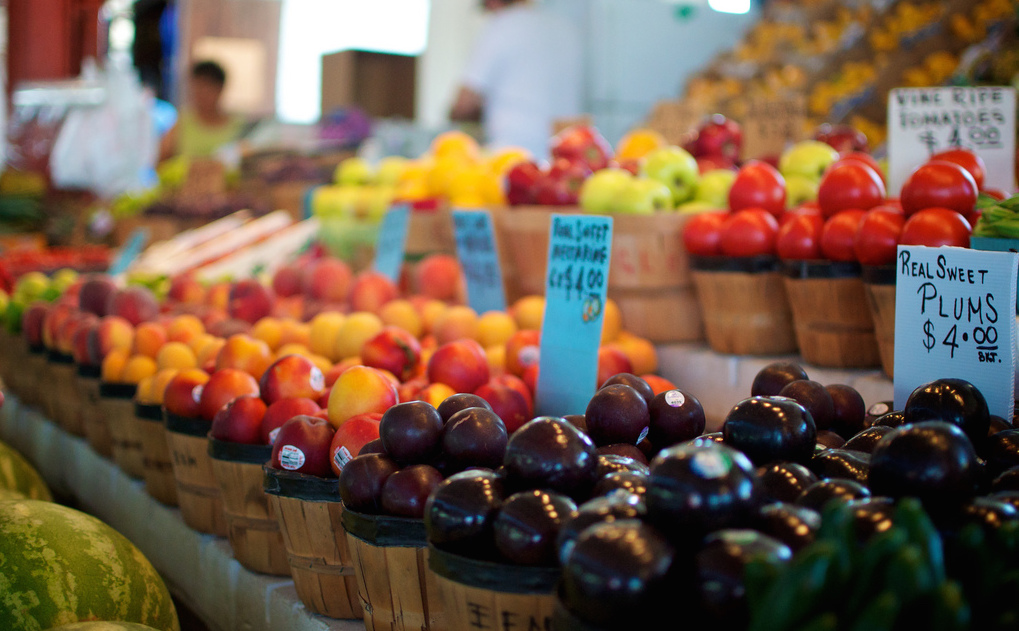You’ll know from reading this column that I am rarely one to champion or cheerlead government initiatives.
Call me jaded, call me skeptical, call me grouchy…
Having been around the agricultural policy block a few times, I have all too often seen both previous federal Liberal and Conservative governments shaft family farmers and small-scale producers, and food consumers. I have seen governments miss opportunity after opportunity to encourage sustainable agriculture and healthy food practices, and instead continue to bow to the pressure of transnationals and corporations bent on making profits at the costs of the environment, health and community.
The most recent example, of course, is the introduction of genetically modified (GM) salmon, unlabelled, into the Canadian market. How the heck did that happen? Despite the fact that more than 75 per cent of Canadians want labelling of GM products, GM salmon has been sold in Canada over the past year without consumers’ knowledge. And last May the majority Liberal government voted down a bill calling for mandatory labelling of GM products.
So you can see why I am grouchy.
Maybe it is because I am so frustrated with the lack of agricultural policy at the federal level, and the lack of vision and ethics when it comes to food policy, that I decided to fill out the online survey on food policy that the federal government launched in late May.
The deadline to respond to the survey is now August 31. Here is the promotional blurb:
“Agriculture and Agri-Food Minister, Lawrence MacAulay, announced today that the Government of Canada is launching consultations to support the development of A Food Policy for Canada. An online survey is now open at www.canada.ca/food-policy and Canadians are encouraged to share their input to help shape a food policy that will cover the entire food system, from farm to fork. Canadians can share their views on four major themes:
• increasing access to affordable food;
• improving health and food safety;
• conserving our soil, water, and air; and
• growing more high-quality food.
A Food Policy for Canada will be the first of its kind for the Government of Canada, and is a new step in the government’s mandate to taking a collaborative and broad-based approach to addressing food-related issues in Canada.
The online consultation is the first of a number of engagement activities planned with a wide range of participants to inform the development of a food policy. Feedback from the consultations will provide the federal government with a better understanding of Canadians’ priorities when it comes to food-related issues. The results will help inform key elements of a food policy, including a long-term vision and identifying actions to take in the near term.”
Much of the language used in this government blurb reads as if was taken directly from the Food Secure Canada playbook. Food Secure Canada is a coalition of organizations pushing for meaningful food and agriculture policy. It has been lobbying the federal government, along with other farm organizations, to create a national food policy. The organization is also hosting kitchen table discussions in the hopes of injecting more responses, and likely pressure, into the process. Food Secure Canada has done a lot of collaborative work on food policy. I hope these efforts will bear fruit, and that the federal government is not simply adopting the language. The changes required are massive, and I am just not sure that the Liberals are up to it… but perhaps I am too cynical!
We’ll see. So, I held my nose and did my civic duty and filled out the survey.
You can find it here.
Just a tip — after each question you get to plug in a 50-word response with whatever related thoughts you have. Take advantage of that small comment space to tell it like it should be! The survey allows you to go back later if you want to refine your responses.
Now that I have held my nose, I am holding my breath — to see what kind of food policy the federal government will reveal given its consultations and political will.
Lois Ross is a communications specialist, writer, and editor, living in Ottawa. Her column “At the farm gate” discusses issues that are key to food production here in Canada as well as internationally.
Photo: John Tornow/flickr




